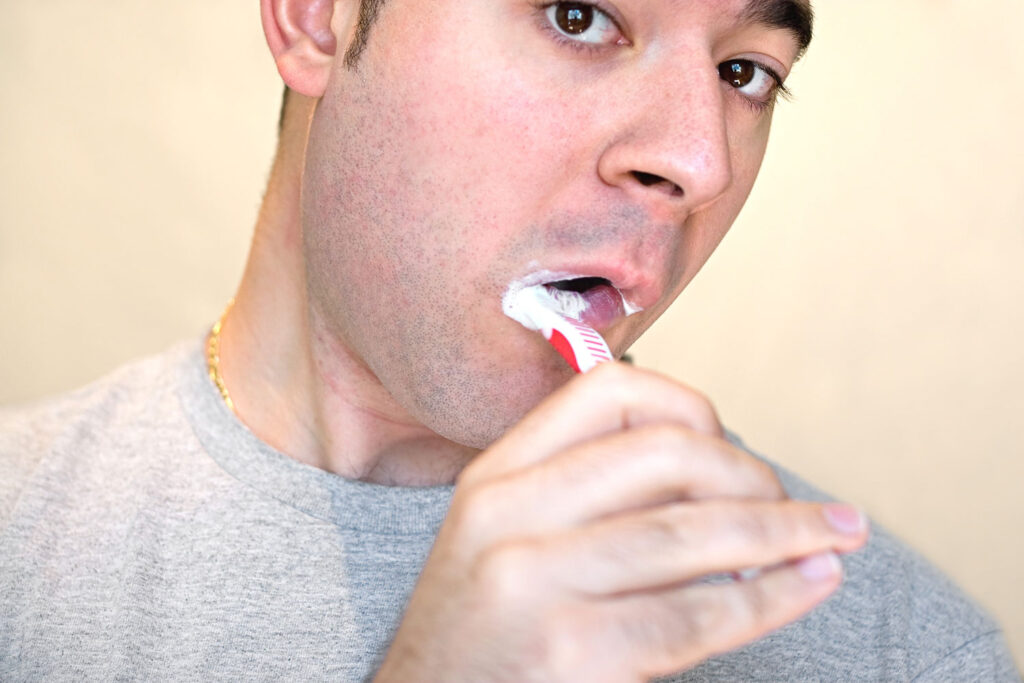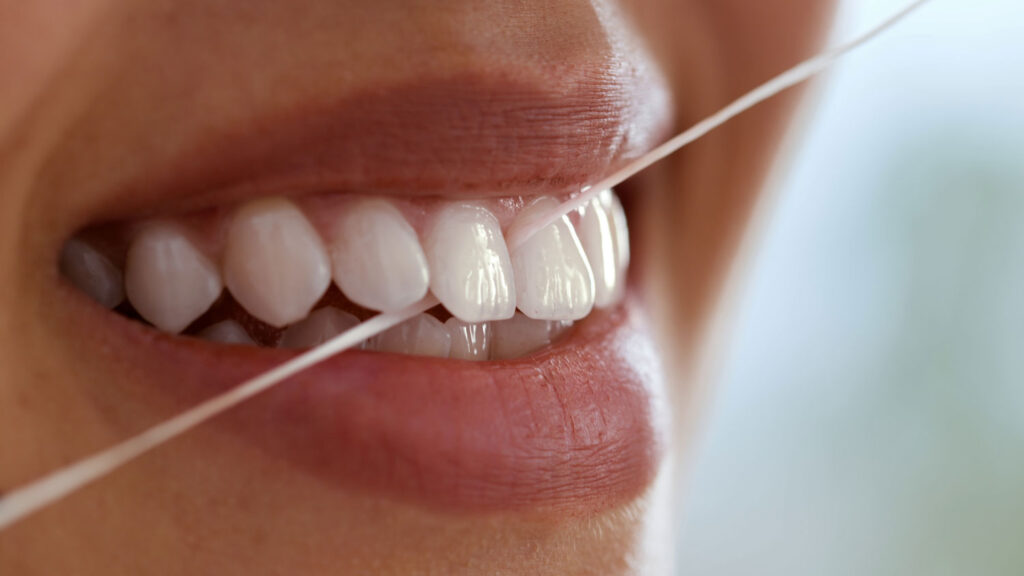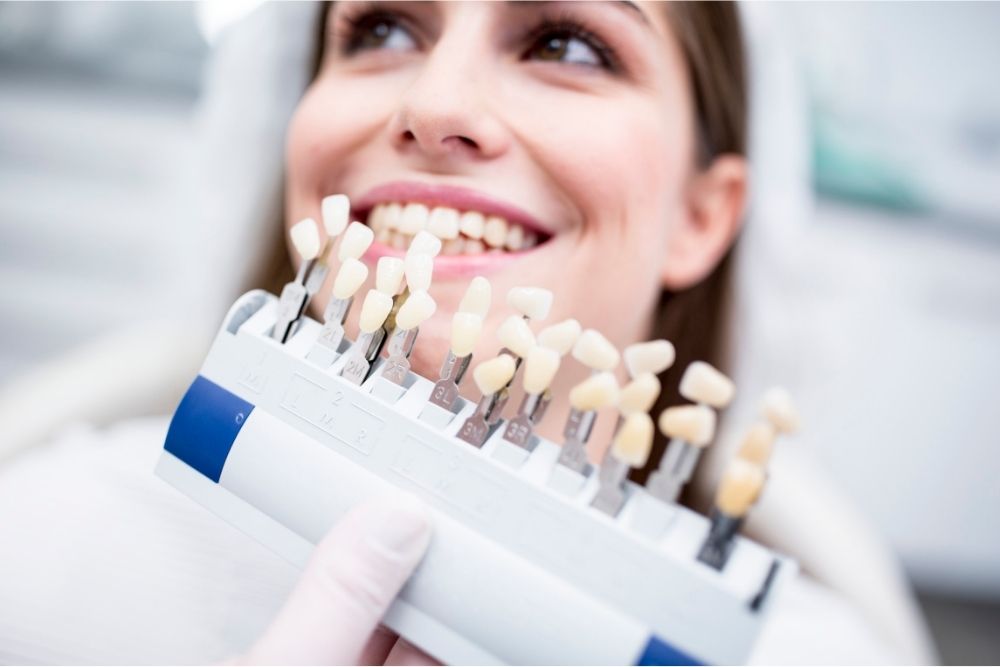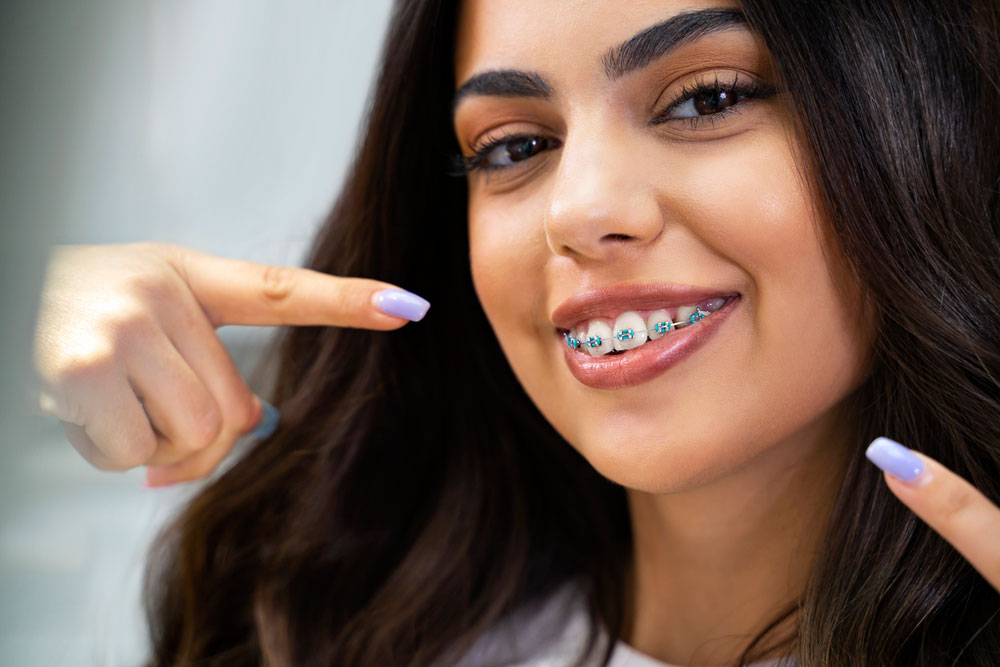
Each day, plaque can accumulate on your teeth—a soft, sticky film full of bacteria. This daily buildup, if not removed, can harden into tartar and lead to cavities, gum disease, and bad breath. That’s why daily oral hygiene habits are essential for maintaining a healthy smile.
Choose the Right Toothpaste
Brushing your teeth twice a day for two minutes is the first step. Use a fluoride toothpaste and a soft-bristled toothbrush, brushing all surfaces of your teeth—including the fronts, backs, and chewing surfaces. Don’t forget to brush your tongue, where bacteria also reside.
Removing Plaque and Food Debris
Flossing complements brushing by removing plaque and food debris from between your teeth and along the gumline. These are areas where a toothbrush simply can’t reach.
Mouthwash can also be a useful addition to your routine. Antibacterial rinses help reduce bacteria and freshen breath, while fluoride rinses strengthen enamel.
Regular Dental Exams
In addition to your home care routine, regular visits to your dentist at Pro Health Dental in Mission Viejo are vital. Even with excellent brushing and flossing, some plaque will harden into tartar, which can only be removed with professional cleaning. Our team, including our experienced cosmetic dentist, ensures that your teeth remain clean, healthy, and beautiful.
Removing daily buildup is not just about avoiding cavities—it’s about protecting your overall health. Poor oral hygiene has been linked to heart disease, diabetes, and respiratory problems. By being consistent and thorough with your daily routine, you’re investing in a lifetime of healthy smiles.










